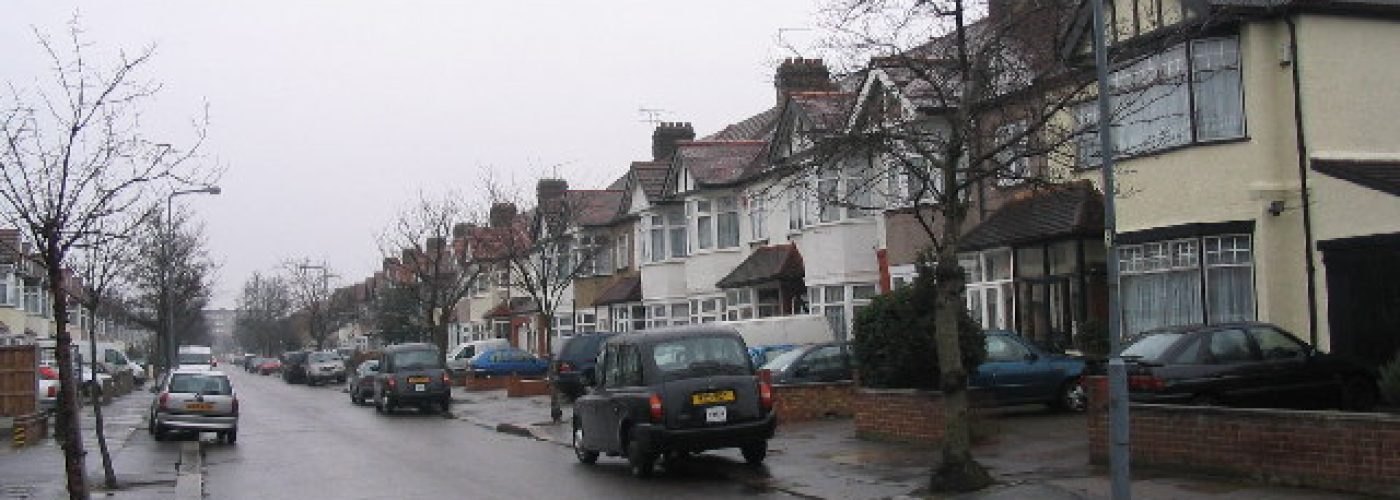In an attempt to weather the storm of changes made to the buy-to-let landscape, a new survey by BDRC Continental has highlighted that an increased number of landlords are pondering a move towards registering their investment portfolio in the vehicle of a limited company – a bid to subvert the depreciating profitability of buy-to-let investments.
The survey was produced by BDRC Continental, polling 1,400 private landlords to get their thoughts and insight into the industry. And from the results of the survey, it was revealed that some 41% did indeed state a consideration for establishing their portfolio under a limited company as a direct result of the government’s move to place limiters on tax relief made accessible to landlords. In addition, 5% are stated to have already taken the move to becoming a limited company, and amongst those larger landlords, 14% already operate under the banner of a limited company, with a further 63% giving the solution consideration.
Of course, as has already been highlighted, some 43% of landlords have shown agreement that the reforms made to stamp duty will have a notable effect on their plans for purchasing further buy-to-let assets in the coming years. Looking at larger landlords, this figure shoots up to 63%, with those larger landlords displaying clear caution in the current buy-to-let landscape.
Yet, despite concerns as to the profitability of buy-to-let investments, it has been reported that the demand from tenants for rented properties to be sitting at a considerable high, with 40% of landlords in the South West nodding to an increase in demand for rental properties, while 24% of those in the North East also reported on increasing demands.
As a result of the increased demand for properties, average yields have, so far remained stable for across the nation, with last year’s value of 5.6% remaining unchanged from last year. Looking at the placement of these yields, the highest were noted in the North West, at 6.2%, and the lowest being in the outer London area, with only 5.1%





